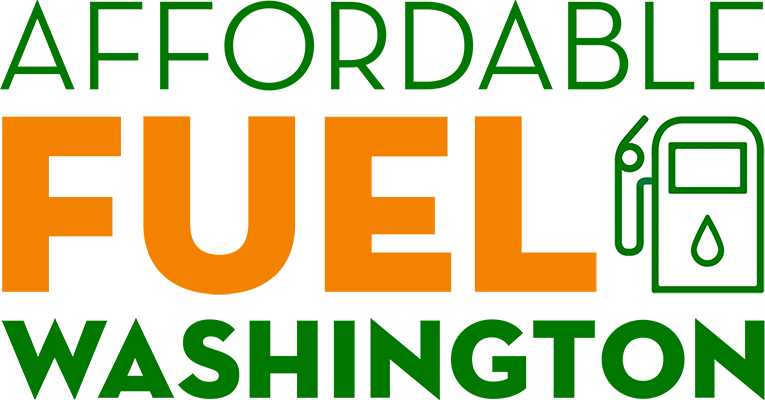Even as Washington’s gas prices have increased compared to neighboring states, staff at the Washington State Department of Ecology have repeatedly downplayed the impact of the state’s new tax on CO2 emissions. Last year, when asked about the impact on gas and diesel, Governor Inslee claimed, “This is going to have a minimal impact, if any. Pennies. We are talking about pennies.”
Now, as gas prices have increased rapidly, Ecology staff have quietly scrubbed the agency’s web page of those claims. They also significantly increased the estimated impact of the tax on CO2 emissions on Washington’s economy.
It is the latest example of the failure of the governor and Ecology staff to deal honestly with the impact of the state’s climate policies. Their denial means Washington will continue to pay high costs for relatively small environmental benefit, missing opportunities to reduce CO2 more effectively at lower cost.
Staff at the Washington State Department of Ecology have consistently claimed the new tax on CO2 emissions, known as the Climate Commitment Act (CCA), would have a minimal impact on gas prices. … In a response to the question, “What are Ecology’s estimates for the impacts on gas prices,” they wrote, “We found the potential impact on gas prices is expected to remain low – about 1% to 3% in 2023.” …
That projection was significantly lower than we calculated using the more standard approach of assigning the cost of the tax on CO2 to emissions to the price of gas. Using the cost estimate for one metric ton (MT) of CO2 cited in Ecology’s study, we estimated the cost increase would be about 46 cents per gallon.
Ecology Staff specifically rejected that estimate. …
Since then, however, gas prices have increased about 40 cents per gallon more than neighboring Oregon and Idaho since the beginning of the year when the CCA took effect. What do Ecology staff have to say now about the price impact of the taxes on CO2 emissions?
Nothing. In fact, the previous claims about the price impact have all been scrubbed from the department’s web page. Additionally, Ecology staff radically changed one of the claims about the price impact of the CCA.
The section that confidently claimed that gas prices wouldn’t increase by 46 cents a gallon and promising “minimal” price impacts in 2023 has been completely removed. Where they previously expressed certainty that minimal cost impacts weren’t “best case” outcomes, they now say nothing.
Under the question, “What are Ecology’s estimates for the impacts on gas prices,” the new text includes only a projection for a different law – the low-carbon fuel standard – but says nothing about the price impact of the CCA. …
Ultimately, the governor, some in the legislature, and in the Department of Ecology like the high cost of the CCA. Higher taxes mean more tax revenue that state legislators and the governor can spend.
It doesn’t have to be this way. We have repeatedly highlighted ways that Washington can effectively reduce CO2 emissions at much lower cost. The prices of CO2 emissions in California, which has a similar tax, is about 75 percent lower than Washington. Washington’s needlessly restrictive law increases the economic impact of our climate policies. As long as the Inslee Administration’s policy is to deny the real-world impact of the state’s policies, Washington residents will continue to pay needlessly high prices.
Read the Complete Article »